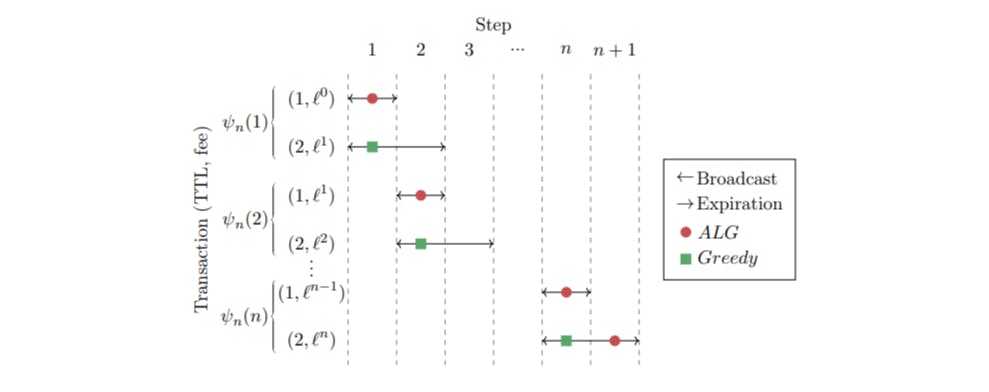recently published a piece on why internet bundle feels like it’s disappearing, focusing on auto-updates, background apps, and device settings as the main culprits. But many people – myself included – are probably thinking: I’ve optimised my phone settings, yet my data is still “disappearing.”
You’re probably not doing anything wrong! Optimising your settings is a helpful starting point to protect your megabytes, and it’s certainly one of the few things you can control. However, it only scratches the surface of a much deeper, persistent infrastructure problem; one we all talk about but never seem to get fixed.
Now, I’m not a telecoms guru, but I do have above-average experience designing and optimising high data/traffic apps. So, while I may not know every telco acronym, I’ll try to explain my viewpoint using engineering principles, in simple, relatable terms.
Trying to load a web page in Nigeria is sometimes like being stuck in Lagos traffic at rush hour: slow, chaotic, constantly getting redirected, and burning through more fuel (or in this case, data) just to get to the same destination.
If you’re a software engineer, think of it like an inefficient query bogging down your database: slow response, timeouts, and rising infrastructure costs. The result? “Disappearing” data and a poor user experience. That’s exactly what Nigerian users face every day with their mobile data.
Here are three overlooked reasons your data disappears faster than it should:
- Signal strength and distance to base stations: The further you are from a base station, the weaker your signal. For example, in low-density areas such as Lagos-Sagamu expressway, your device must work harder to stay connected. This often leads to retransmissions where the phone keeps re-requesting parts of a page or video due to failed packet delivery. Inefficiencies like this mean that you may end up downloading the same content multiple times before it finally loads. More retries = more data consumed, even if you’re still staring at the same loading screen.
- Congested base stations and network load: In high-density areas like Lagos or Abuja, thousands of users may be connected to a single, overworked base station. The result? Congestion, dropped packets, and slower speeds, triggering multiple retries. That’s why a single Instagram scroll or Netflix stream might burn through more megabytes than expected. In contrast, countries with stronger telco infrastructure often have more base stations per square kilometre, distributing traffic more evenly and supporting higher throughput.
- Limited use of smart caching and data compression: In more advanced countries, telcos use data compression and edge caching to help save bandwidth and serve content more efficiently. Popular websites and videos are stored closer to the user. Kind of like having a neighbourhood kiosk instead of going to the main market every time. It’s unclear how extensively these strategies are used by Nigerian telcos, but whatever is in place, the benefits aren’t widely felt. That’s why it can feel like you’re re-downloading the same page or video again and again, instead of benefiting from local caching or data-saving tech.
Before we paint telcos as the outright villains, it’s worth acknowledging some real challenges they face:
- High capital costs: Building and maintaining base stations isn’t cheap, and Nigeria’s economic climate (e.g. currency devaluations and fluctuations) can sometimes make large-scale investment difficult to justify.
- Revenue pressures: With heavy competition and pricing wars, telcos often argue that margins are thin and raising infrastructure quality while keeping data affordable is a tough balance.
- Security risks: Vandalism and theft of telecom equipment are major issues, especially in remote areas. This directly impacts the number of “active” base stations per square kilometre.
Still, while these issues are real, they don’t justify the lack of transparency around network performance or the continued premium pricing for subpar service.
The bottom line
Nigerians are paying for inefficient data delivery over overloaded, underpowered infrastructure. We’re paying the price for how poorly that data is moved across the network. If we want better outcomes, we need to ask better questions: (1) Why aren’t telcos investing more in caching and load balancing?; (2) And, why are we paying premium prices for subpar connectivity?
Without addressing the fundamental issues, i.e. distance/signal strength, congestion, retries, caching, and compression, our data will keep “disappearing” for reasons that have little to do with us.
______
Tomiwa Erinosho, PhD, is an engineer and product builder with a passion for solving data, infrastructure and efficiency challenges across emerging markets.
Mark your calendars! Moonshot by is back in Lagos on October 15–16! Join Africa’s top founders, creatives & tech leaders for 2 days of keynotes, mixers & future-forward ideas. Early bird tickets now 20% off—don’t snooze! moonshot..com










